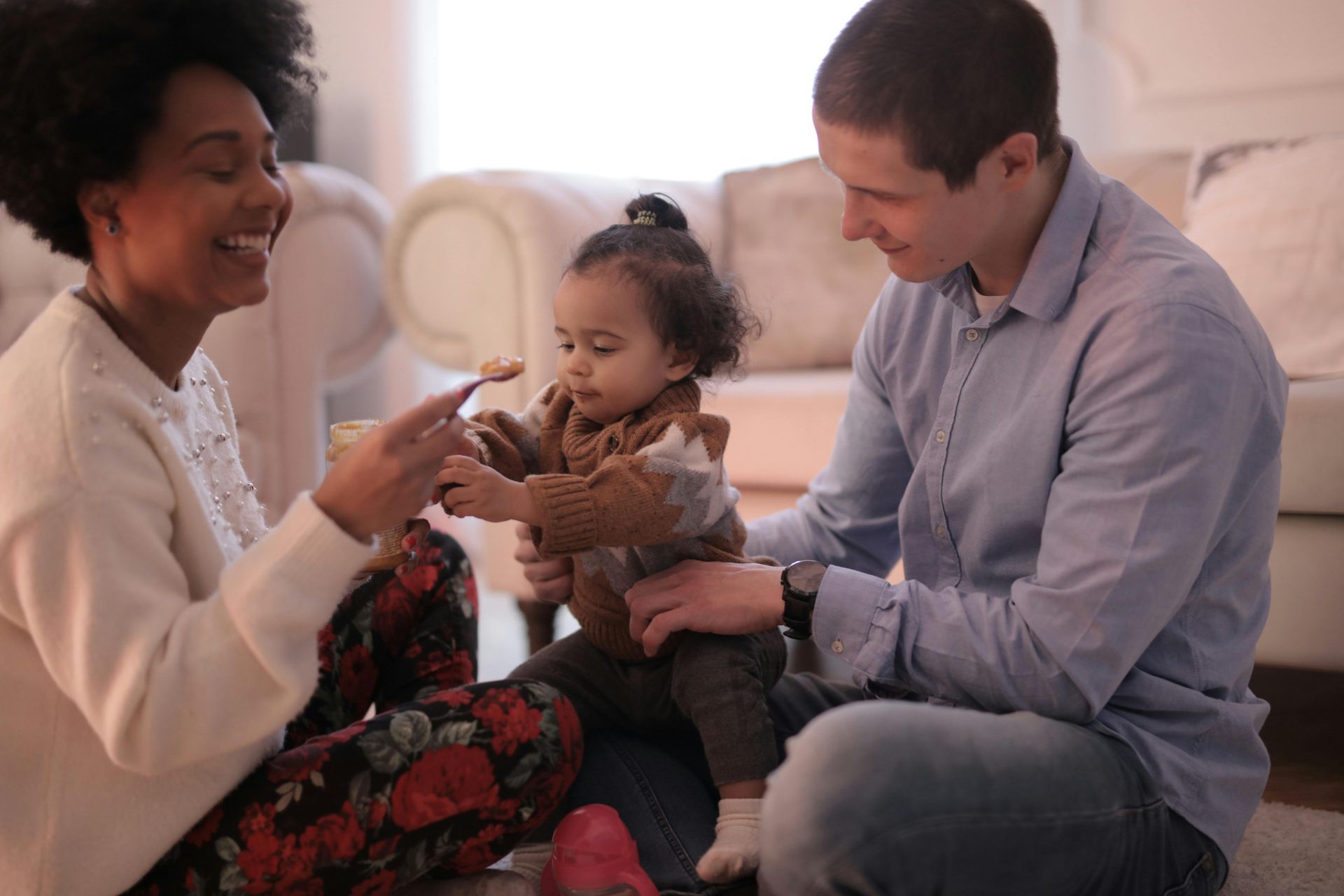We're on our final week as we dive into the core areas successful moms are intentional about: chasing their own dreams, spending time on things that matter, making space for themselves, investing in their mental and physical health, parenting in partnership, and the way they parent their kids.
This week, we're focusing on the sixth core area: staying intentional about the way we parent our kids.
Moms who want to raise healthy, resilient kids realize something critical: they must parent according to an intentional parenting style and with specific parenting goals in mind. Like we know for pretty much about every other area of our lives, intentionality matters when it comes to raising children who thrive. Developmental and behavioral science backs this up. Yes, we can just wing it but the odds of a haphazard, let-the-chips-fall-where-they-may kind of plan hardly ever works when it comes to parenting.
Parenting Styles
There are 4 major parenting styles: uninvolved, permissive, authoritarian, and authoritative (or as the American Academy of Pediatrics and Dr. Ken Ginsburg say, "Lighthouse Parenting"). I'm going to go ahead and go out on a limb to guess that none of you who are bothering to read this are in the uninvolved category, so let's focus on the last three.
Authoritarian Parenting: Authoritarian parents are strict, with very little negotiation. They use punishment frequently. They tend to not explain rules but have plenty of them. They have high expectations with very little flexibility. Permissive or Indulgent Parenting: Permissive parents generally let their kids do what they want and give very little guidance or direction. They don't use rules often and let their kids figure out their problems on their own without offering assistance in decision-making. They are usually warm and nurturing but offer little structure. Authoritative Parenting: Authoritative parents have high expectations for their kids but the rules are clear and explained. They communicate frequently with their kids and are highly nurturing. Discipline is fair and they take their child's viewpoint into consideration but don't always give into it.
Why Does Parenting Style Matter?
The issue is, the way a child is raised greatly influences (along with a whole host of other factors like temperament, goodness of fit with a parent, and family stressors) how she turns out as an adult. Again, science. You can read more about it here. And, as you might surmise, the kids who are raised with authoritative parenting tend to do best overall once they enter adolescence and young adulthood.
Successful moms are continually seeking to understand child development and behavior.
Understanding what's normal, including why a newborn fusses all night and sleeps all day, or why a toddler flips her lid when the doughnut shop runs out of pink sprinkle goodies, helps. It helps in the moment, when we feel like we're about to lose it ourselves, because it allows us to understand that this too shall pass. Maybe more importantly, though, it helps us get less fearful about our parenting. It allows you to see that, even if your two-year-old is acting like a complete jerk right now, he won't act that way forever if you invest in long-term success parenting strategies – ones that ultimately teach kindness, self-control, and self-awareness.
Successful moms recognize that, as parents, we must consistently invest in our kids, both with our time and with our focused attention, no matter how busy we are with the rest of our lives.
Real talk, mama. I'm all about you taking care of yourself – go to your yoga class, meet up with a friend after work, plan a getaway with your partner – but when you're with your kids, you've got to limit your distractions and feed into their little souls. For me, that means putting down my phone. It means really listening. It means single-tasking instead of multi-tasking, and it means that I have my priorities fine-tuned to the "t." You don't have time for extraneous tasks and to-dos, not if they keep you from having enough minutes in the day to accomplish what matters most to you and spending time really connecting with your children.
Above all, successful moms focus first on developing resilience in their kids.
They see that short-term, superficial measures of success for their children are less important than long-term, meaningful measures like joy, contentment, and contribution. They care about building character and problem-solving skills way more than they care that their kid is the smartest or the best or wins the most awards. They want their kids to know the value of hard work and they don't shy away from letting their kids fail in safe ways because they know the only way for our kids to truly succeed as adults is to give them opportunities to fall and get back up again when they're little, supported by the adults who love them most.
Being a successful mom is no easy feat but, thank goodness, when we don't overcomplicate it, it is completely feasible. Take care of yourself, be intentional with your kids, look at the big picture – these are the things that successful moms do again and again so they can do away with what the world says is important and focus on what really counts.














